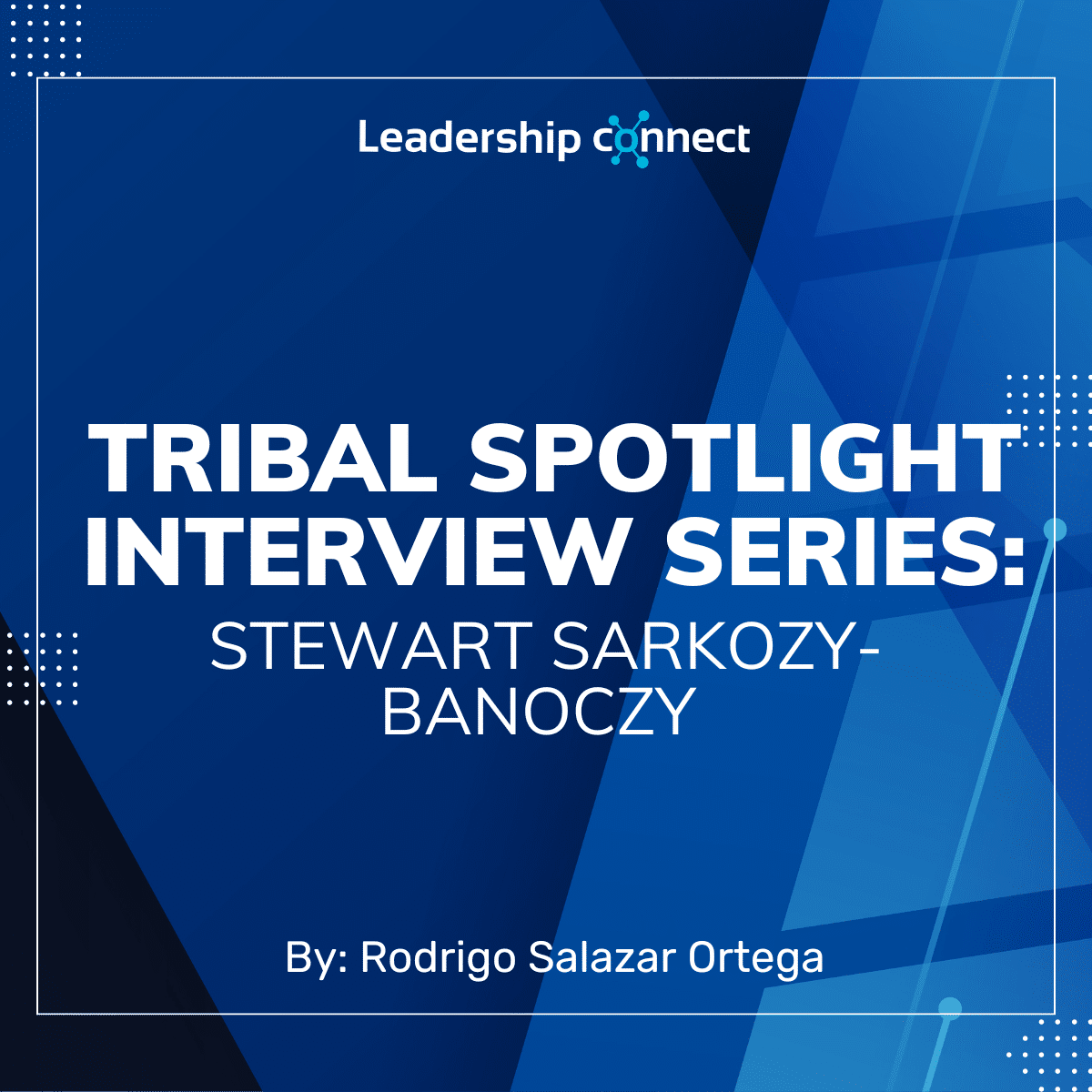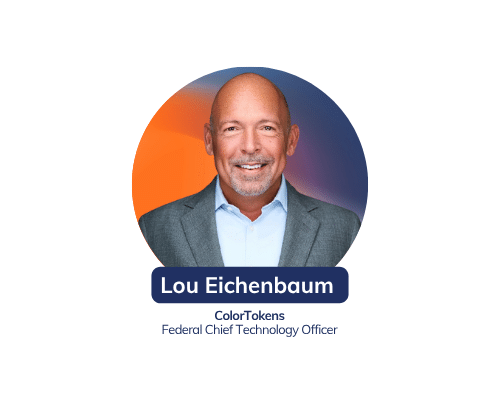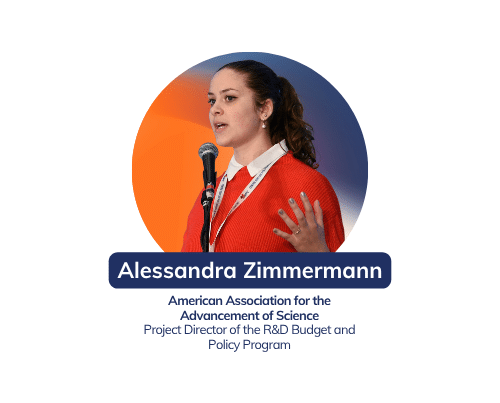I spoke with Stewart Sarkozy-Banoczy who has had a wide-ranging career working with Tribal Nations in different capacities. His experiences and lessons have led to many opportunities and lessons worth sharing.
Can you tell me about your career path that has led you to where you are now?
I have had a very nonlinear path. In the last 25 years, the commonality has been working on investment, native communities, and nation-building for economic development. I started in an organization I built as a part of larger tribal development at the Cheyenne River Lakota Indian Reservation. Partnerships with tribes and communities are something I have been doing throughout my whole community. I started working at a Tribal College and that work eventually led to me founding the Four Bands Community Fund Inc. Between that and where I am today, I did a lot of things in between all with the theme of philanthropy, financing sustainability, and impact investing surrounding Tribal Nations and nation-building.
How did you become passionate about the intersection of tech, government, and tribal communities, and how do you stay informed and engaged in those areas?
I think very holistically. That is my entrepreneurial nature. I think that the public and private sectors must work together. The idea of doing some of this work without the government is not possible, which is why we have so many global agreements for SDGs. I never thought I would work for the federal government, but I did work at HUD during the Obama administration on Philanthropic Innovation. We have a responsibility to direct that for resilience work in Indigenous communities. There is a purpose and reason to do that work. Those values and work must look at everyone. That’s why Tribal sovereignty needed to be fought for and that’s why it is important. We have the opportunity to do better.
What do you believe sets Tribal Government Relations apart as a unique work environment, and how do you navigate its challenges in your everyday work?
The U.S. and Canada are unique, and it is not a good story. Over time Tribal Nations had to get their land back and their sovereignty recognized. It is history that is not often taught, and most people don’t understand the number of tribes, cultures, languages, and traditions that exist. Navigating that space means you cannot have a cookie-cutter approach because it is not going to be the same conversation every single time. Norms need to be respected and they change depending on where you are because structures are different, and they need to be understood and respected. Most people are shocked to learn about these distinctions over time. There are some similarities and best practices, but each place has its origin and present conditions.
Describe a challenging or rewarding project that significantly influenced your growth as a professional. How did you handle the challenge, and what did you learn from the experience?
When I was teaching at the tribal college, and I was running some projects I planned to get a PHD connected to Tribal resolution with the Tribal Council to build a wind-power company for the Tribe. At a certain point, the tribal attorney called me up and asked if I was looking for a law degree. I said no and then he put into perspective that what I wanted to do would require a long Supreme Court case because the project would be blocked. I was disappointed because it was all tied to my PHD and the Tribal Council. I had to recalculate, and I decided to try a loan fund idea because I had an idea for nation–building from a different perspective. That became Four Bands Community Fund Inc. It ended up being something amazing that put me where I am today. It led to building Tribal CDFIs that have carried on until today. It was very frustrating, but it led me to where I am today.
What advice would you give to someone navigating how to bridge the gap between traditional practices and modern governance structures?
I think because of the embedded institutional framework that tribes have in the U.S., there are powers in terms of development and funding. Everything from zoning and access to how corporations can be set up. Separation from councils and Tribal Governments and power to set up strong institutions. That framework paired with sovereignty allows for opportunities to be created and there is room to do a lot of work with tribes from different angles. There is diversity in Tribal Governments that creates different systems with opportunities and avenues to change the current dynamics that may be difficult but worth it. There is more awareness inside and outside and it is not perfect, and it has taken a long time, but what is powerful to see people from tribes participate in gov and working with tribes to do this work.
Word Association, what is the first word that comes to mind for each of there?
- Policy – Broken policies that need to be fixed between government and tribes.
- Networking – Mandatory.
- Communications – Clarity. Don’t make assumptions.
- Leadership Connect – Powerful at all levels. Leadership presents itself in different ways.






